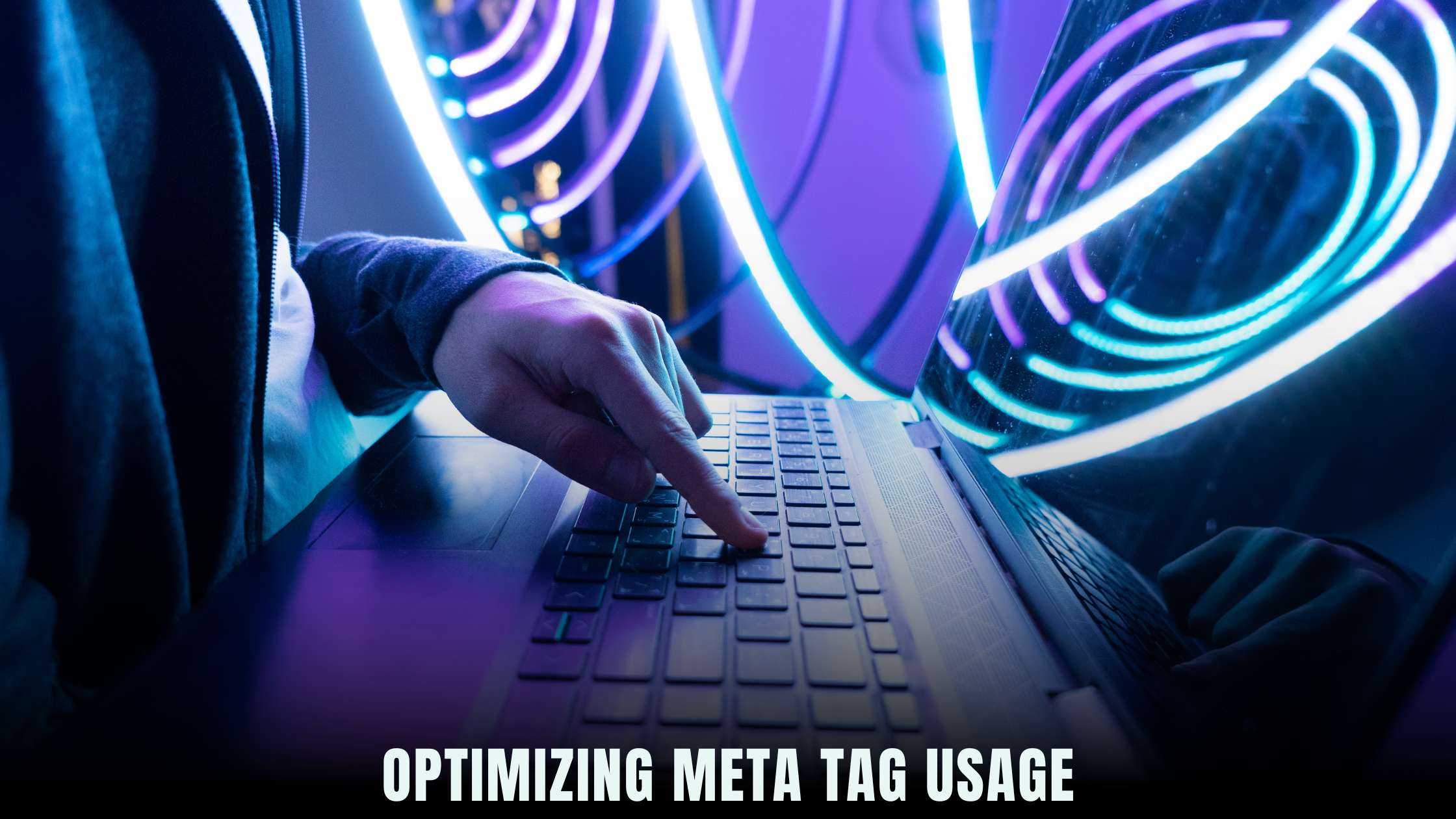Number of Meta Tags to Use: Guidelines for Meta Tag Usage
- WebOps Platforms Bug Tracking & Feedback Software Web Development & Design


Number of Meta Tags to Use: Guidelines for Meta Tag Usage
Meta tags play a crucial role in optimizing web pages for search engines and improving their visibility in search results. However, determining the optimal number of meta tags to use can be a point of confusion for website owners and SEO practitioners. In this article, we’ll explore the guidelines for meta tag usage, discussing the importance of meta tags, factors to consider when determining the number of meta tags, and best practices for optimizing meta tag usage.
Importance of Meta Tags in SEO
Meta tags provide search engines with essential information about a web page’s content, helping them understand the page’s relevance to users’ search queries. While search engines use a variety of factors to rank web pages, meta tags can influence how search engines interpret and display page content in search results. Key meta tags include the title tag, meta description tag, and meta keywords tag, each serving a specific purpose in conveying information about the page.
1. Title Tag: The title tag is arguably the most important meta tag, as it represents the clickable headline in search results. A well-optimized title tag can significantly impact a page’s click-through rate (CTR) and visibility in search results.
2. Meta Description Tag: The meta description tag provides a brief summary of the page’s content, appearing below the title tag in search results. While not a direct ranking factor, a compelling meta description can entice users to click on the link, enhancing CTR and traffic.
3. Meta Keywords Tag: Historically, the meta keywords tag was used to specify relevant keywords for a page. However, search engines now largely ignore this tag due to abuse and manipulation.
Determining the Number of Meta Tags
When determining the number of meta tags to use, website owners and SEO practitioners should consider several factors, including the size and complexity of the website, the number of unique pages, and the diversity of content. While there is no strict limit on the number of meta tags allowed, it’s essential to maintain a balance between providing relevant information and avoiding keyword stuffing or excessive optimization.
1. Focus on Quality Over Quantity: Instead of focusing solely on the number of meta tags, prioritize the quality and relevance of the content provided in each tag. Ensure that title tags are concise, descriptive, and optimized for relevant keywords, while meta descriptions accurately summarize the page’s content and encourage clicks.
2. Tailor Meta Tags to Each Page: Each web page is unique, with its own content, keywords, and target audience. Tailor meta tags to reflect the specific content and purpose of each page, avoiding duplicate or generic tags that offer little value to users or search engines.
3. Monitor Performance and Iterate: Continuously monitor the performance of meta tags using web analytics tools and search engine console data. Analyze metrics such as CTR, impressions, and rankings to identify areas for improvement and refine meta tag strategies accordingly.
Relevant SaaS Products for SEO Optimization
Optimizing meta tags and other on-page elements is essential for improving a website’s visibility and performance in search results. Several SaaS products offer tools and solutions to streamline the SEO optimization process and enhance website rankings. Here are some relevant SaaS products tailored for SEO optimization:
- SEMrush: SEMrush is a comprehensive SEO toolkit that provides keyword research, competitive analysis, site auditing, and rank tracking capabilities to help businesses improve their organic search performance.
- Ahrefs: Ahrefs offers a suite of SEO tools, including backlink analysis, keyword research, content exploration, and rank tracking, empowering website owners to increase their search engine visibility and drive more organic traffic.
- Moz Pro: Moz Pro provides SEO software for all levels of expertise, offering features such as site audits, rank tracking, keyword research, and link analysis to help businesses optimize their websites for search engines.
- Yoast SEO: Yoast SEO is a popular WordPress plugin that helps website owners optimize their content for search engines. It offers features such as content analysis, XML sitemap generation, and meta tag optimization to improve on-page SEO.
- Google Search Console: Google Search Console is a free tool provided by Google that allows website owners to monitor, maintain, and troubleshoot their site’s presence in Google search results, including managing meta tags and other on-page elements.
Leveraging Subscribed.FYI for SEO Optimization Solutions
For website owners seeking to optimize their SEO strategies and explore new tools and solutions, Subscribed.FYI offers a curated selection of SaaS products tailored specifically for SEO optimization. From keyword research tools to site auditing platforms, Subscribed.FYI provides access to a diverse range of solutions designed to enhance website visibility and drive organic traffic.
Unlock exclusive deals and savings on premium SaaS products with Subscribed.FYI Deals, and discover innovative solutions to elevate your SEO optimization strategies and achieve your digital marketing goals effortlessly.
Relevant Product Links:





